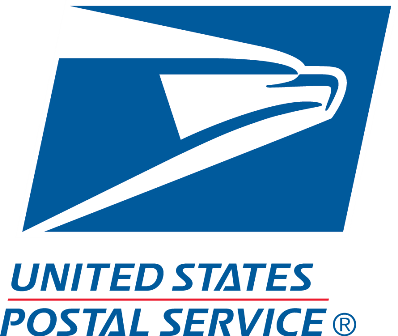How We Are Changing The Way College Entrepreneurship Works Through Our Community
Note: This business is no longer running. It was started in 2021 and ended in 2023. Reason for closure: Shut down.
Hello! Who are you and what business did you start?
My name is Bobby Housel and I’m the founder of Entrepreneur Power Hour. I love to bring people together and unlock the potential of the universe by introducing the right people to one another. I love to build things and tell stories.
I started my first company in high school and founded Entrepreneur Power Hour during my sophomore year at the University of Michigan in 2021. We are changing how the best entrepreneurs and founders at college meet each other and build relationships.
We are building out a full suite of resources to change how college entrepreneurship works completely.
We are over 300 entrepreneur founders across two college campus communities at the University of Michigan and Stanford. We are growing like lightning and are soon expanding to universities across the country.
We are dead set on reinventing how the best college founders meet and grow together, and if you’re building the future at a college (or dropped out) in a big way, we would love to talk to you.























